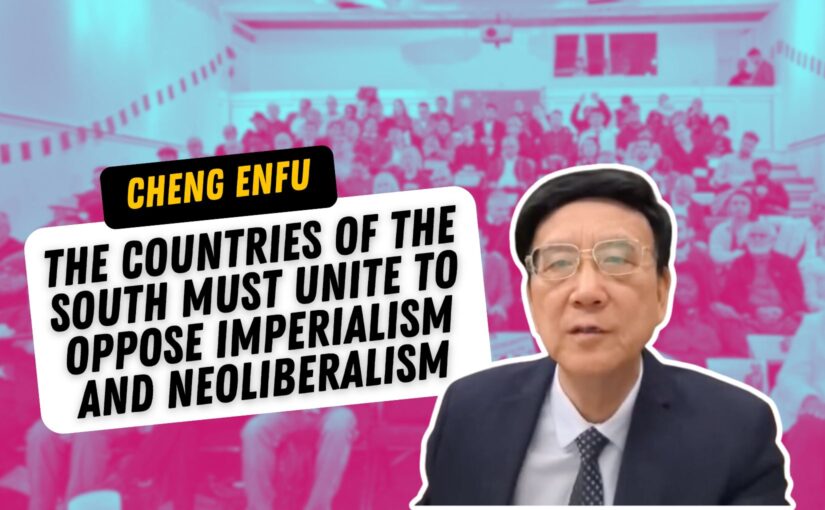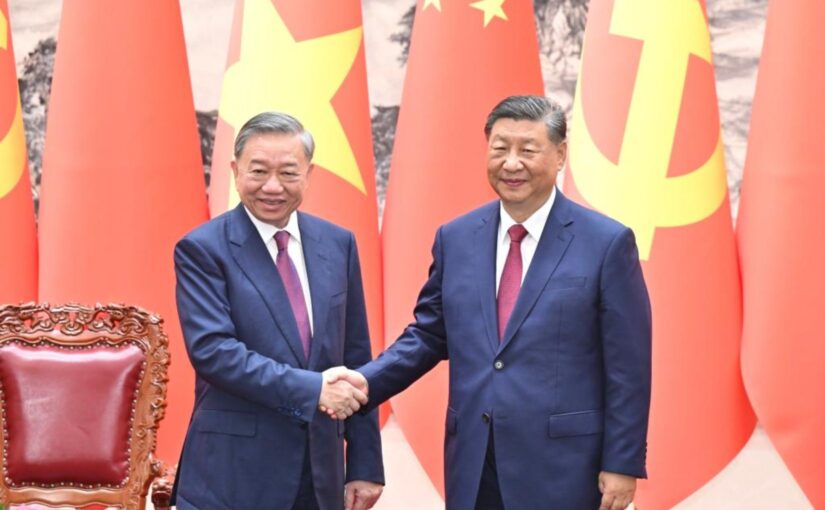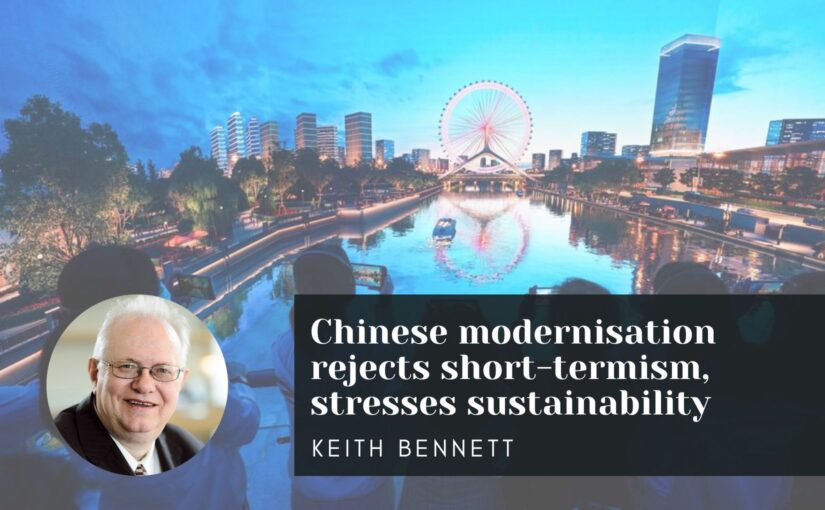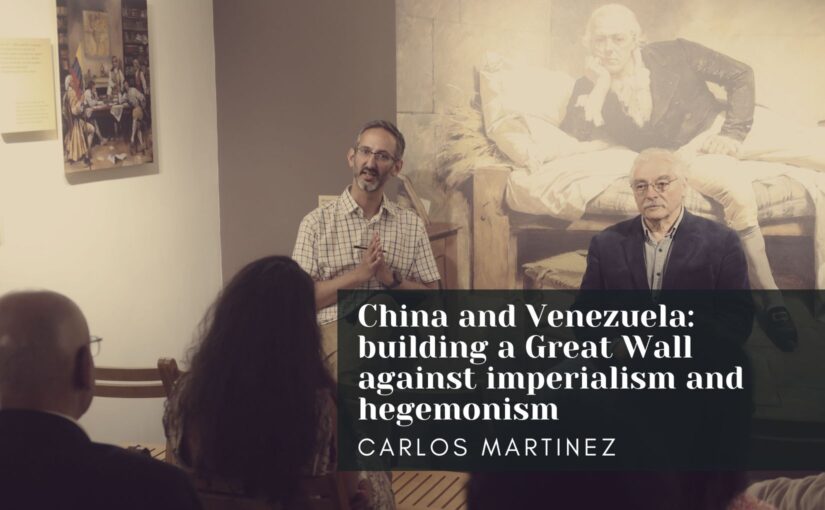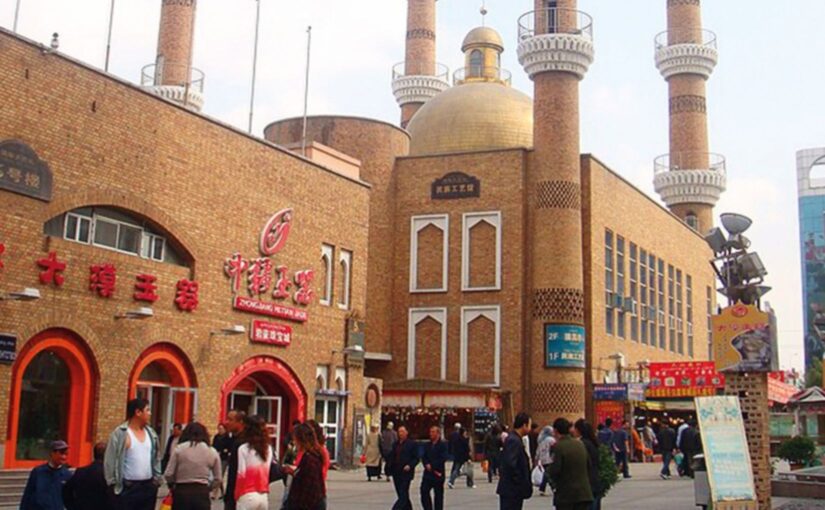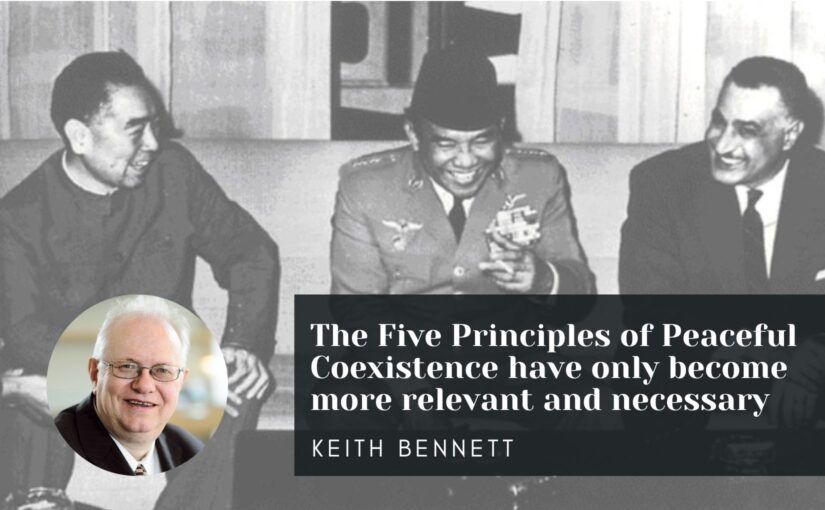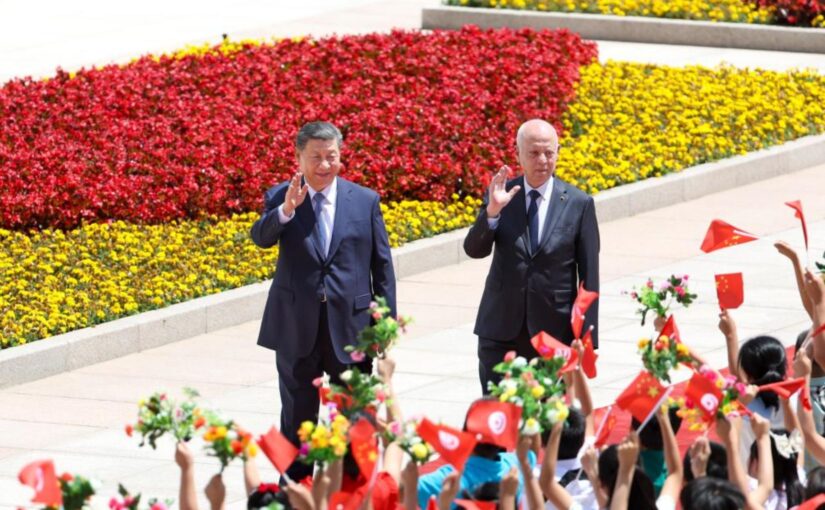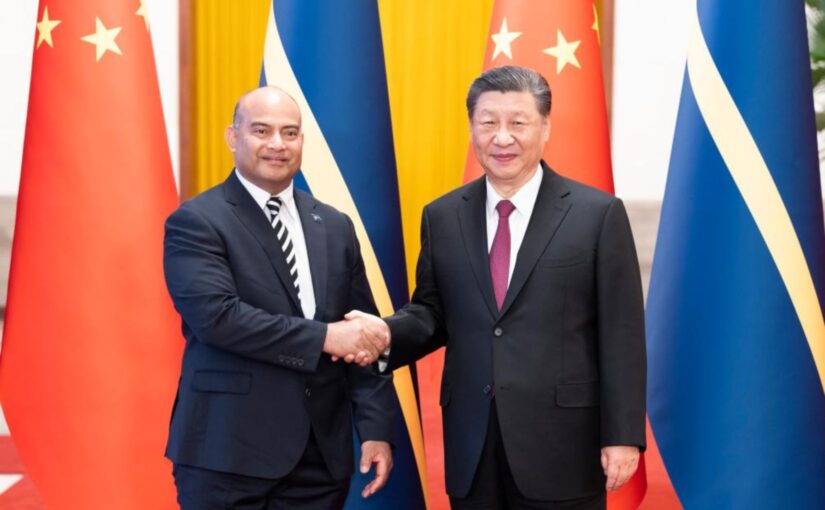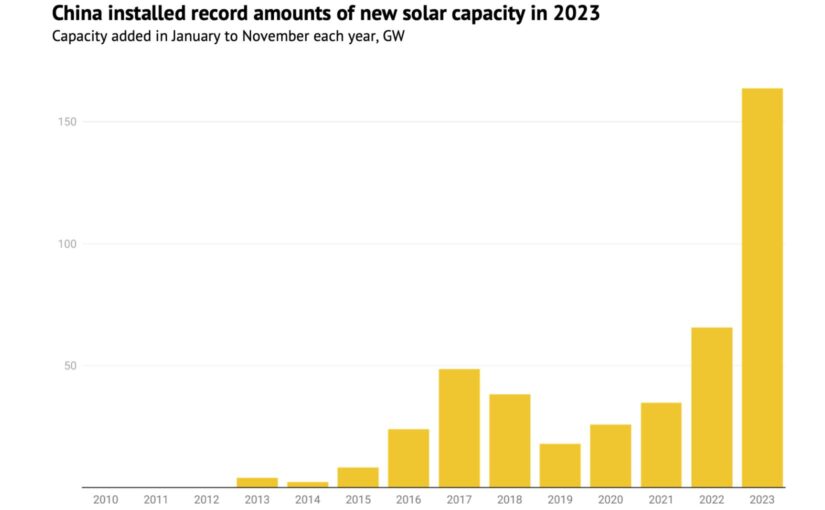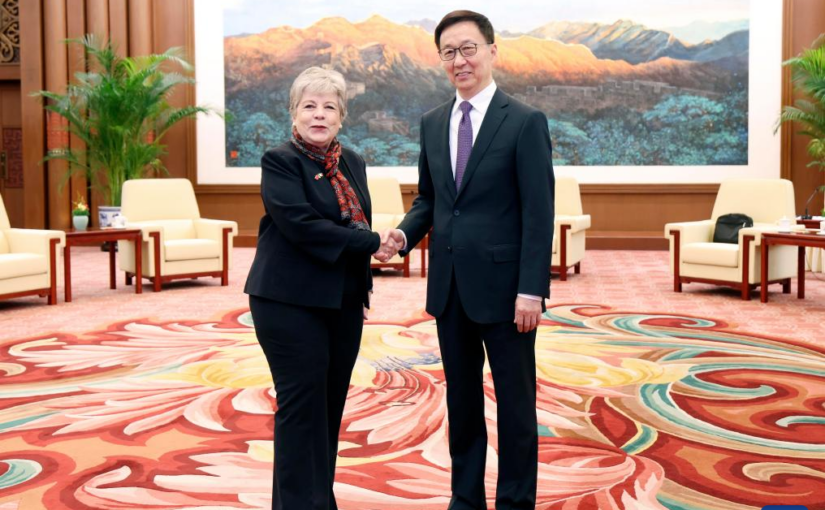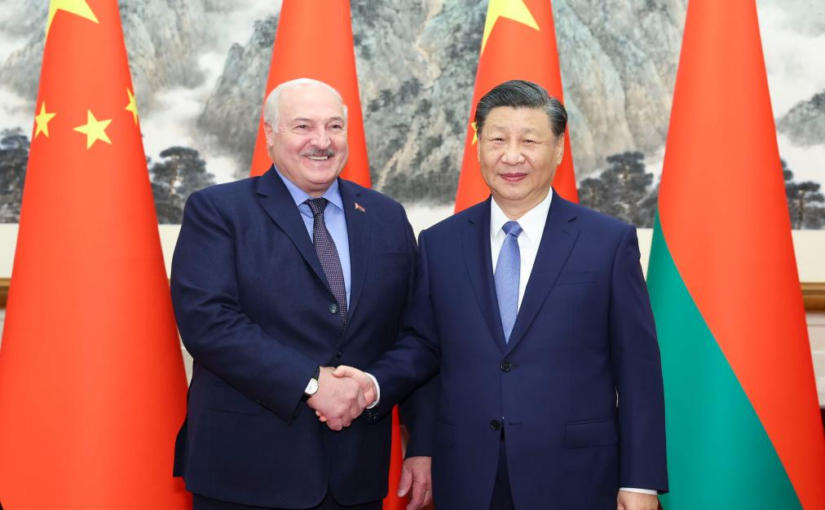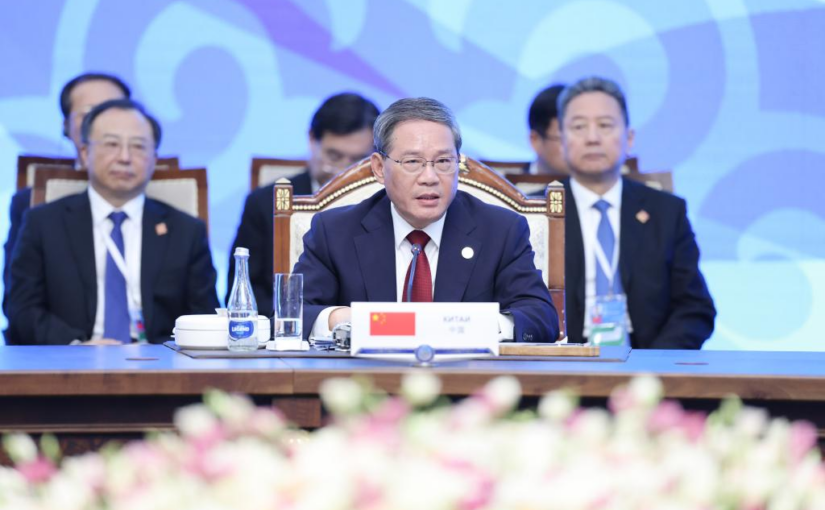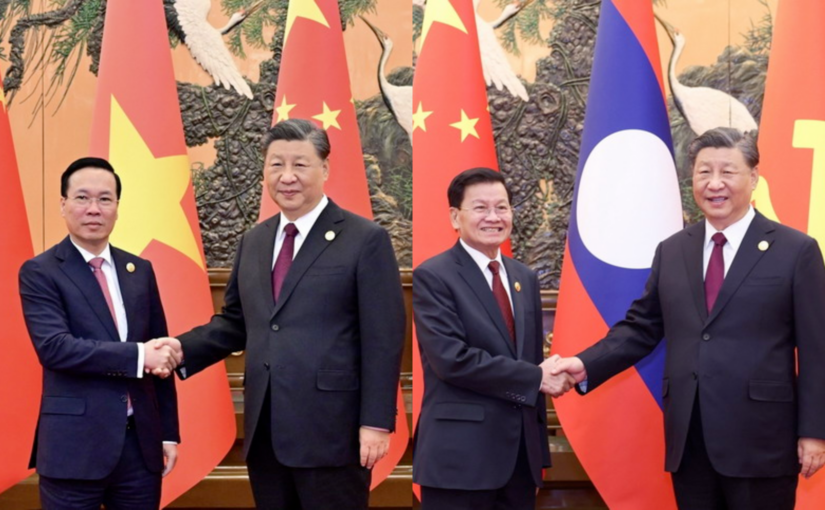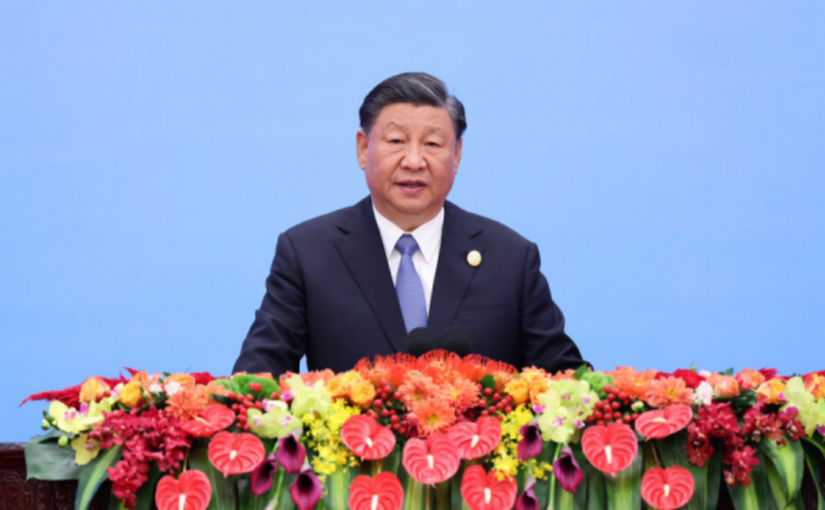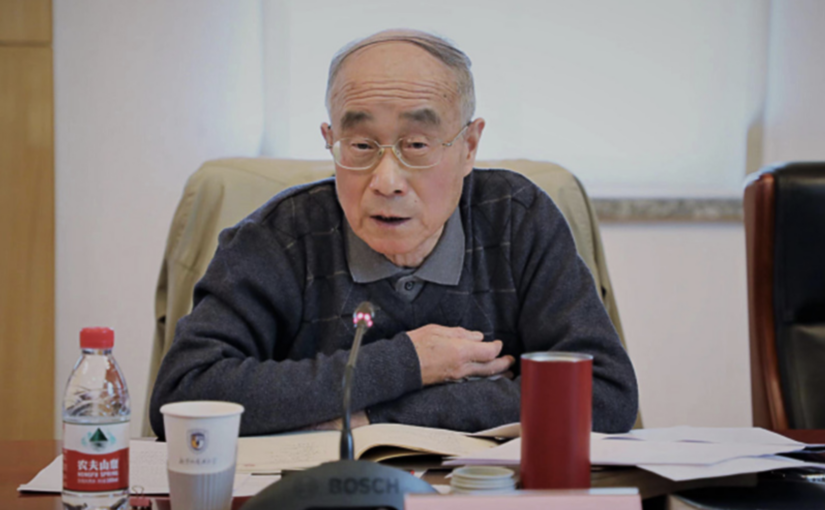The 22nd Meeting of the Council of Heads of Government of the Member States of the Shanghai Cooperation Organisation (SCO) was held in Bishkek, the capital city of Kyrgyzstan, on October 26.
Chinese Premier Li Qiang joined fellow leaders, including Kazakh Prime Minister Alikhan Smailov, Russian Prime Minister Mikhail Mishustin, Tajik Prime Minister Kokhir Rasulzoda, Uzbek Prime Minister Abdulla Aripov, Iran’s First Vice President Mohammad Mokhber, the Indian foreign minister, and the Pakistani foreign minister from member states, together with Belarusian Prime Minister Roman Golovchenko and Mongolian Prime Minister Luvsannamsrai Oyun-Erdene, from two of the SCO’s observer states. The meeting was hosted by Kyrgyz Prime Minister Akylbek Japarov.
In his speech to the meeting, Premier Li said that looking back at the founding aspiration of the SCO, its members were brought together to ensure that regional affairs are decided by regional countries through consultation, without interference from those outside the region. He added:
“Twenty-two years ago, the SCO was founded in response to the shared aspiration of regional countries for promoting friendship, safeguarding security and pursuing development. Today, the Organisation has grown from the original ‘Shanghai Five’ to nine member states, three observer states, and 14 dialogue partners. SCO member states now account for nearly half of the world’s population and about one quarter of the global GDP.”
Li offered four proposals on deepening SCO cooperation. First, the SCO members should jointly solidify the regional security barrier, firmly reject external interference, improve the organisation’s mechanism of coping with security threats and challenges as soon as possible, and crack down on the ‘three forces of terrorism, separatism and extremism’ as well as transnational organised crimes.
Second, SCO members should jointly promote the speedy economic recovery, cooperate to build safe and efficient transportation systems, continuously promote trade and investment liberalisation and facilitation, and maintain steady and smooth industrial supply chains.
Third, the members should jointly enhance the Belt and Road cooperation. The third Belt and Road Forum for International Cooperation has been successfully held, and the Belt and Road has become the most popular international public goods and the largest international cooperation platform in the past 10 years.
The SCO members should reinforce the alignment of high-quality Belt and Road cooperation with the member states’ respective development strategies, push forward the construction of major economic corridors, and develop well the SCO Development Bank.
Fourth, the SCO member states should jointly promote the understanding and amity among their people, and continue to deepen cooperation in areas including education, culture and tourism, and sports.
Li Qiang also held a series of bilateral meetings on the sidelines of the summit.
Meeting with Russian Prime Minister Mikhail Mishustin on October 25, he said that China is willing to further align its development strategies with Russia, promote synergy between the Belt and Road cooperation and the Eurasian Economic Union (EEU), maintain the growth momentum of cooperation on trade and investment, deepen cooperation in the field of energy, and enhance connectivity and trade liberalisation and facilitation.
On October 26, he met with Mongolian Prime Minister Luvsannamsrai Oyun-Erdene, Iran’s First Vice President Mohammad Mokhber, and Tajik Prime Minister Kokhir Rasulzoda.
In his meeting with Prime Minister Oyun-Erdene, Li said that China stands ready to work with Mongolia to firmly support each other in safeguarding sovereignty, independence, and territorial integrity and to strengthen cooperation with Mongolia in such fields as port connectivity, economy and trade, and green development, to further expand the pie of common interests, so as to achieve win-win results.
China is ready to strengthen cooperation with Mongolia under the SCO and other multilateral frameworks to better safeguard their common interests and build a community with a shared future for humanity, Li added.
For his part, Oyun-Erdene said that Mongolia stands ready to work with China to strengthen border port capacity building and connectivity, promote the Belt and Road cooperation, deepen cooperation in areas including trade, railway, green development, tourism, and culture, and deepen multilateral cooperation, so as to lift Mongolia-China relations to a higher level.
In his meeting with Iran’s First Vice President Mohammad Mokhber, Li noted that President Xi Jinping and Iranian President Ebrahim Raisi met twice this year and reached a series of important consensuses. China, he stressed, will continue to firmly support Iran in safeguarding its national sovereignty, territorial integrity, and national dignity, and will strongly oppose any external forces interfering in Iran’s internal affairs.
Mokhber said that China is a comprehensive strategic partner of Iran and the two countries enjoy a long history of friendship. Iran appreciates China’s assistance for its economic and social development and is firmly committed to deepening Iran-China relations.
Meeting with Tajik Prime Minister Kokhir Rasulzoda, Li said that China is willing to strengthen the synergy of development strategies with Tajikistan, continue to advance high-quality Belt and Road cooperation, give full play to industrial complementarity, expand trade and investment, strengthen cooperation in such fields as transport infrastructure, civil aviation, green economy and digital economy, and deepen people-to-people and cultural exchanges in sports, culture, education and between regions so as to help the development and revitalisation of the two countries.
The two sides, he added, should maintain close coordination in multilateral areas, implement the outcomes of the China-Central Asia Summit, strengthen cooperation within the United Nations, the SCO, and other frameworks, uphold the common interests of the two countries and safeguard international equity and justice.
For his part, Rasulzoda said that Tajikistan-China relations have a long history, profound foundation and rich connotation. Noting that Tajikistan appreciates China’s strong support for its economic and social development over the years, he said that his country is willing to work with China to consolidate traditional friendship, promote the Belt and Road cooperation, deepen cooperation in such fields as industry, agriculture, transportation, energy, infrastructure, and digital economy, and push for further in-depth development of bilateral relations.
Tajikistan stands ready to work with China to promote all-round cooperation between China and Central Asian countries, deepen coordination within the frameworks of the United Nations and the SCO, and promote regional peace and prosperity, he added.
The following day, Li met with the Prime Minister of Belarus, Roman Golovchenko. He said that, under the strategic guidance of Chinese President Xi Jinping and Belarusian President Alexander Lukashenko, bilateral relations have achieved leap-forward development in recent years.
China stands ready to push for deeper synergy between the Belt and Road Initiative and Belarus’ strategy for social and economic development and jointly build the China-Belarus Great Stone Industrial Park and other key projects.
He called on both sides to tap the potential of cooperation in such areas as trade in services and scientific and technological innovation, strengthen people-to-people and cultural cooperation, and push forward their all-weather comprehensive strategic partnership. The two sides should strengthen communication and coordination within the SCO and other multilateral mechanisms to make greater contribution to regional and world peace, stability, and development.
Golovchenko said that Belarus firmly supports China in safeguarding its core interests. Belarus is ready to strengthen cooperation with China within multilateral frameworks such as the SCO to jointly boost the multipolarisation of the world, he added.
Prior to the Heads of Government meeting, Li Qiang also paid a bilateral visit to Kyrgyzstan on October 25. In his meeting with Kyrgyz President Sadyr Japarov, Li said Kyrgyzstan is an important neighbour of China, adding that in May, President Xi Jinping and President Japarov lifted bilateral relations to a comprehensive strategic partnership for a new era and jointly announced the building of a China-Kyrgyzstan community with a shared future of good neighbourliness and shared prosperity, which, constitutes a milestone in their history of bilateral relations and cooperation.
The Chinese side, Li added, is willing to deepen political mutual trust with the Kyrgyz side, always firmly support each other on issues concerning their respective core interest, further align their development strategies, deepen the integration of economic benefits, and continue to improve the quality and efficiency of bilateral cooperation.
And China is also willing to reinforce communication and coordination with the Kyrgyz side on regional and international affairs, speed up the implementation of the outcomes of the China-Central Asia Summit, closely coordinate within such multilateral mechanisms as the United Nations and the Shanghai Cooperation Organisation, and safeguard the common interest of developing countries and international equity and justice, he added.
President Japarov said that the Kyrgyz side stands ready to deepen cooperation with China within the framework of China-Central Asia cooperation and the Shanghai Cooperation Organisation, jointly combat the ‘three forces’ of terrorism, separatism and extremism, effectively address traditional and non-traditional security challenges, and promote regional security and development.
The following reports were originally published by the Xinhua News Agency.
